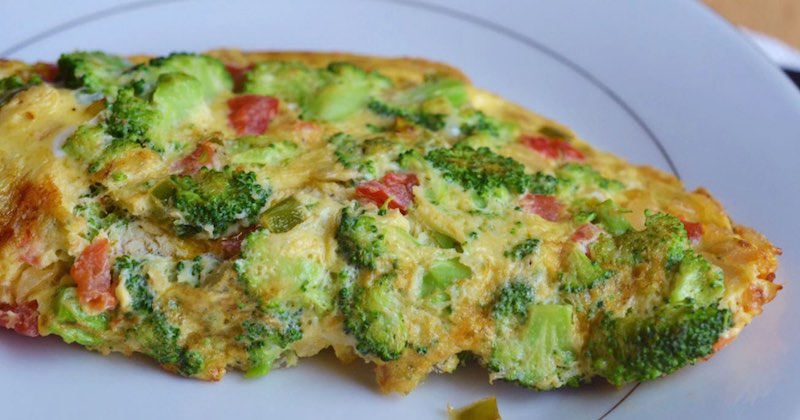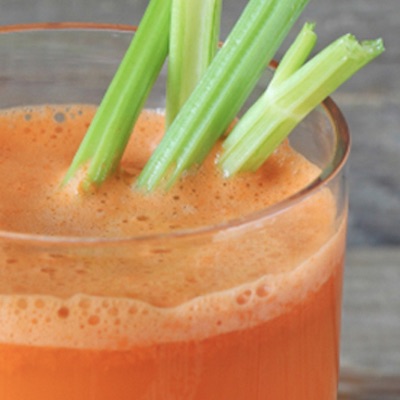Diet Tips For Rapid Healing After Dental Implant Surgery
Last updated on
This article comprises of some viable suggestions with respect to food choices after undergoing a delicate periodontal procedure to accelerate dental implant recovery. The post-operative meal planning guidelines given to patients guarantee they don’t disturb the intra-oral surgical wound.
Food Choices Following A Delicate Periodontal Procedure
A general “must-be-followed” guideline for the initial two weeks post-surgery is to maintain a strategic distance from any food that takes “more than 3 chews” to swallow. You ought to follow a soft food diet for faster dental implant recovery.
The best possible number of servings from each of the 4 food types; vegetables and fruits; grains; milk and alternatives; or meat and alternatives ought to be accomplished. In addition, the number of servings shifts marginally relying upon gender or age.
More beneficial dietary patterns including higher intake of vitamin D and omega-3 fatty acids from fish and lower admissions of soaked fat are connected with better general periodontal wellbeing. Drink roughly 8 cups of liquid for each day or learn here how much water you really need.
Begin drinking nutritious liquids like freshly-extracted juices, milk (or alternatives), broths/soups or teas, when you can. Drink water as well. Abstain from utilizing a straw and drink ordinarily out of a glass or a bowl. Keep away from hot fluids as they increase the flow of blood and your injury can begin to bleed once more. Cool your broths or teas before consuming.
The First 24 Hours After Dental Implant Surgery
Bite down delicately yet solidly on the gauze packs that have been put over the surgical zones, ensuring they stay set. Try not to change them for the first hour unless the draining is not controlled. On the off chance that bleeding persists, spot a new bandage to get weight over the surgical site. It is best to soak the gauze with water and freely fluff for more comfortable positioning.
Eat any nourishing food that you can chew comfortably and avoid extremely hot foods. It is in some cases prudent, however not completely required, to keep the primary days admission to fluids or pureed nourishments.
Abstain from chewing food until your tongue sensation has returned. It is best to stay away from foods like rice, nuts, sunflower seeds, popcorn, and so forth, which may get held up in the surgical territories. It is essential not to skip meals. On the off chance that you take food frequently, you will pick up strength and heal faster. If you are a diabetic, maintain your normal eating habits or follow instructions given by your doctor.
The Next Few Weeks Following Dental Implant Surgery
Here are some tasty transitional foods which can speed up dental implant surgery recovery over the next few weeks:
- Chicken Pesto Pasta: The basil in pesto contains volatile oils, which can shield the mouth from oral microorganisms.
- Broccoli Omelet: Broccoli contains enough calcium to accelerate the healing procedure, and the eggs give enough protein to make this a completely significant meal.
- Chicken Salad: Chicken that is shredded up into little pieces can be eaten with a plate of mixed veggies. The chicken gives the protein, while the plate of mixed greens with delicate vegetables gives added calcium and other important nutrients.
Tips On A Healing Diet After Dental Implant Surgery
1. Fruits And Vegetables
Ripe peaches, pears and berries are a few highly recommended foods to eat after dental surgery. Eat more dark green and orange vegetables for their antioxidants and healing properties.
Proposed nourishments incorporate applesauce, stewed or canned fruit or smoothies. Have some homemade soups that are rich with nutrients. This ought not to be served extremely hot. Sweet potatoes, mashed vegetables like carrots, turnip and other root vegetables make a filling and nutritious meal if you wish to follow a soft food diet after dental surgery.
2. Grain Products
Half of your serving of grains ought to be whole wheat every day. Pick grain items low in fat, sugar and/or salt. This could be accomplished with porridge, oats or cream of wheat, or different grains without nuts or fruit. Include berries, cinnamon or vanilla to the cereals should you desire.
 3. Calcium Sources
3. Calcium Sources
Organic yogurt or kefir are excellent sources of calcium that you may incorporate in your healing diet.
If you like to drink milk, be sure that they are from grass-fed cows. Dairy products are good sources of calcium, although not for long-term consumption nor in excess, due to their calcium-magnesium imbalance.
Carrots, broccoli, celery and many green vegetables are also excellent sources of calcium that can be best obtained from juicing.
4. Plant/Meat Proteins
Pick options such as beans, lentils, quinoa, avocado—all plant foods that are rich in protein and healing fats. Eggs are another excellent choice to up your protein intake.
Consume bite-sized cubes or shredded meat and/or fish with next to zero included fat or salt. Recommendations incorporate tuna, salmon or other flaky fish served without crunchy covering with steamed rice and vegetables for a complete feast. Nut butter is another great protein source.
Other Considerations
Following a soft food diet after dental surgery is the best way to avoid pain and bleeding while easing recovery. Maintain a strategic distance from liquor and tobacco during the healing period of two weeks as both are known to delay the healing procedure.

Some of the links I post on this site are affiliate links. If you go through them to make a purchase, I will earn a small commission (at no additional cost to you). However, note that I’m recommending these products because of their quality and that I have good experience using them, not because of the commission to be made.



 3. Calcium Sources
3. Calcium Sources































 JOIN OVER
JOIN OVER
Comments